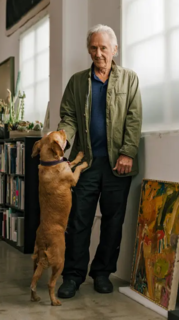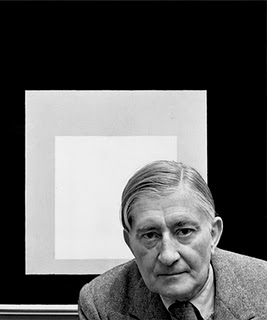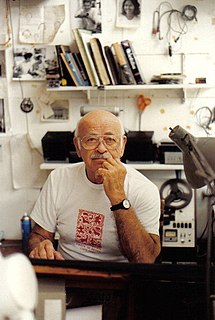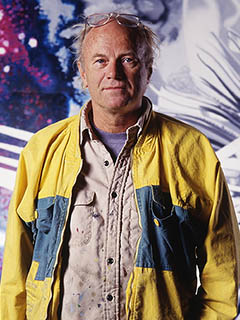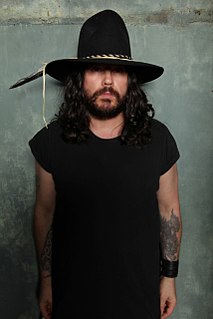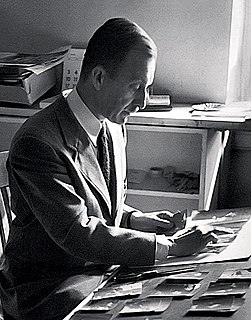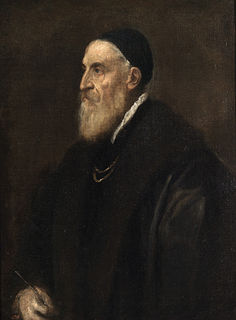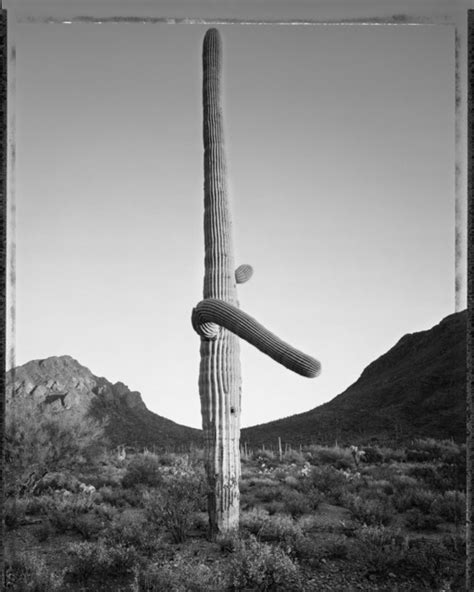A Quote by Edward Ruscha
The fact that few painter-fine-artists used photography in their work made it appealing.
Related Quotes
Traditionally, photography has dealt with recording the world as it is found. Before photography appeared the fine artists of the time, the painters and sculptors, concerned themselves with rendering reality with as much likeness as their skill enabled. Photography, however, made artistic reality much more available, more quickly and on a much broader scale.
The traditional difficulty of balancing the mechanical with the imaginative schools of photography still operates. In schools of photography meaningful art education is often lacking and on the strength of their technical ability alone students, deprived of a richer artistic training, are sent forth inculcated with the belief that they are creative photographers and artists. It is yet a fact that today, as in the past, the most inspiring and provocative works in photography come as much (and probably more) from those who are in the first place artists.
Nursing is an art: and if it is to be made an art, it requires an exclusive devotion as hard a preparation as any painter's or sculptor's work; for what is the having to do with dead canvas or dead marble, compared with having to do with the living body, the temple of God's spirit? It is one of the Fine Arts: I had almost said, the finest of Fine Arts.
I don't know that there were any rules for documentary photography. As a matter of fact, I don't think the term was even very precise. So as far as I'm concerned, the kind of photography I did in the FSA was the kind of photography I still do today, because it is based on passionate concern for the human condition. That is the basis of all the work that I do.
The artists always reflect the times, so there's a lot to think about, a lot of unknowns, a lot of things that are describable. This is the closest I've seen to the kind of ambience that made the '60s happen. It's not about the artist having a responsibility to do anything. They have to be artists and express themselves and everything will work out fine.
Not every painter has a gift for painting, in fact, many painters are disappointed when they meet with difficulties in art. Painting done under pressure by artists without the necessary talent can only give rise to formlessness, as painting is a profession that requires peace of mind. The painter must always seek the essence of things, always represent the essential characteristics and emotions of the person he is painting.
Fine-art photography is a very small world associated with galleries, museums, and university art programs. It's not like rock music; the products of this world have never been widely seen because the artists are often exploring things that are not already coded in general consciousness. It's not that photographers don't want to be famous, it's just that very few of the views from the edges of culture make the mainstream. Ansel Adams was an exception.
